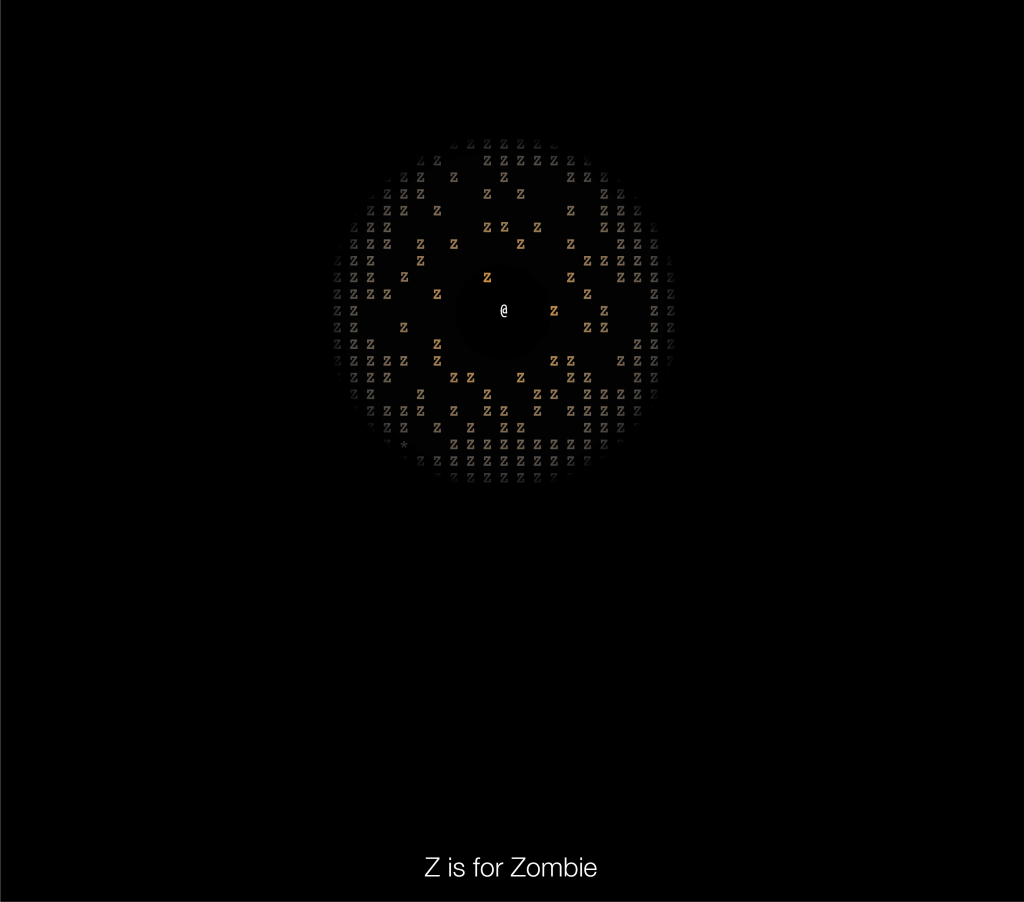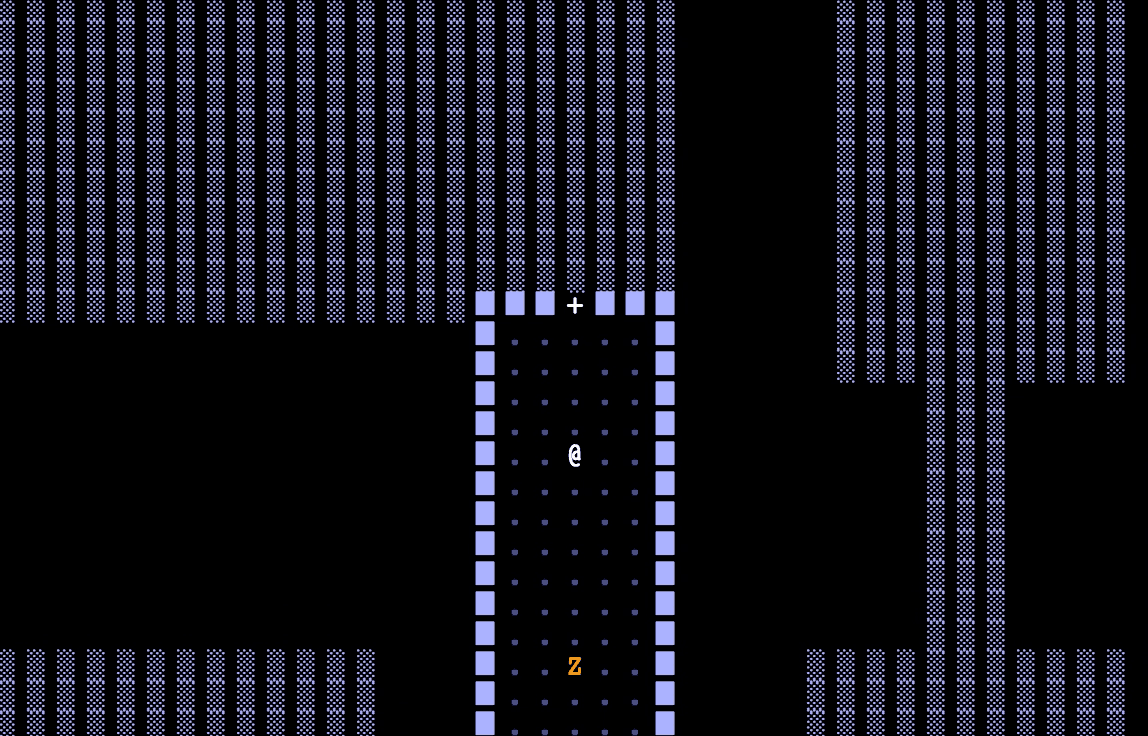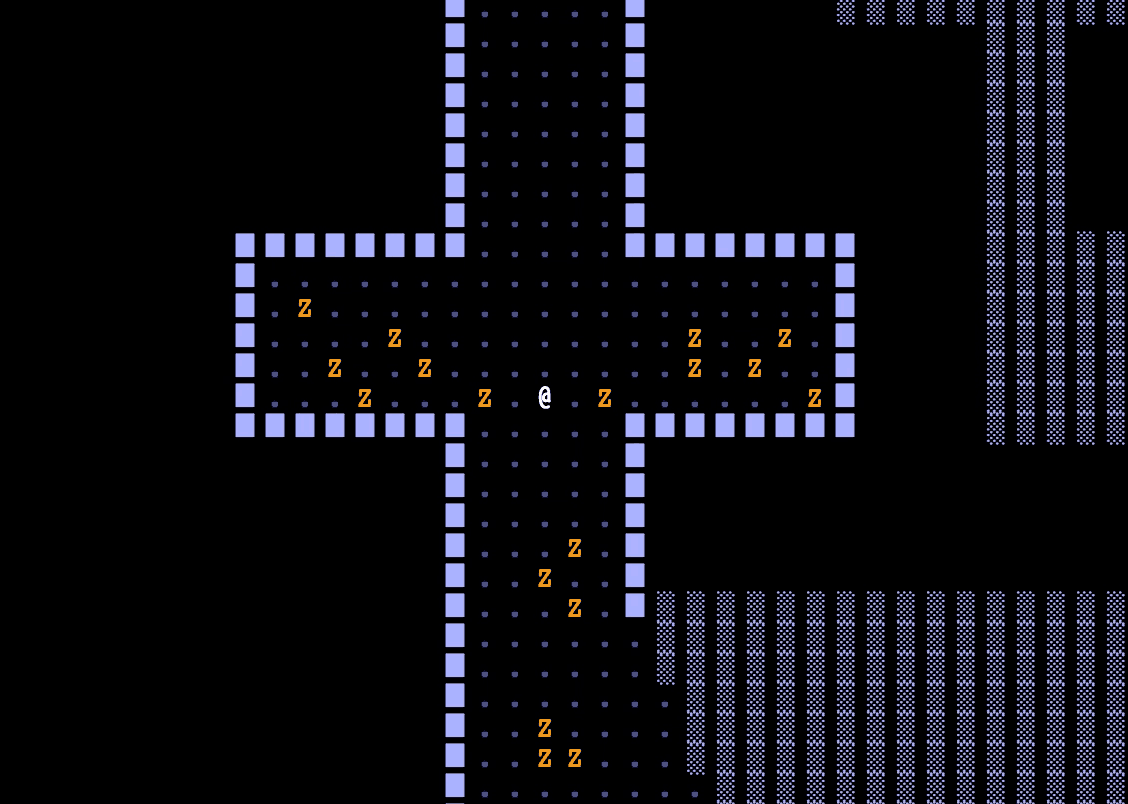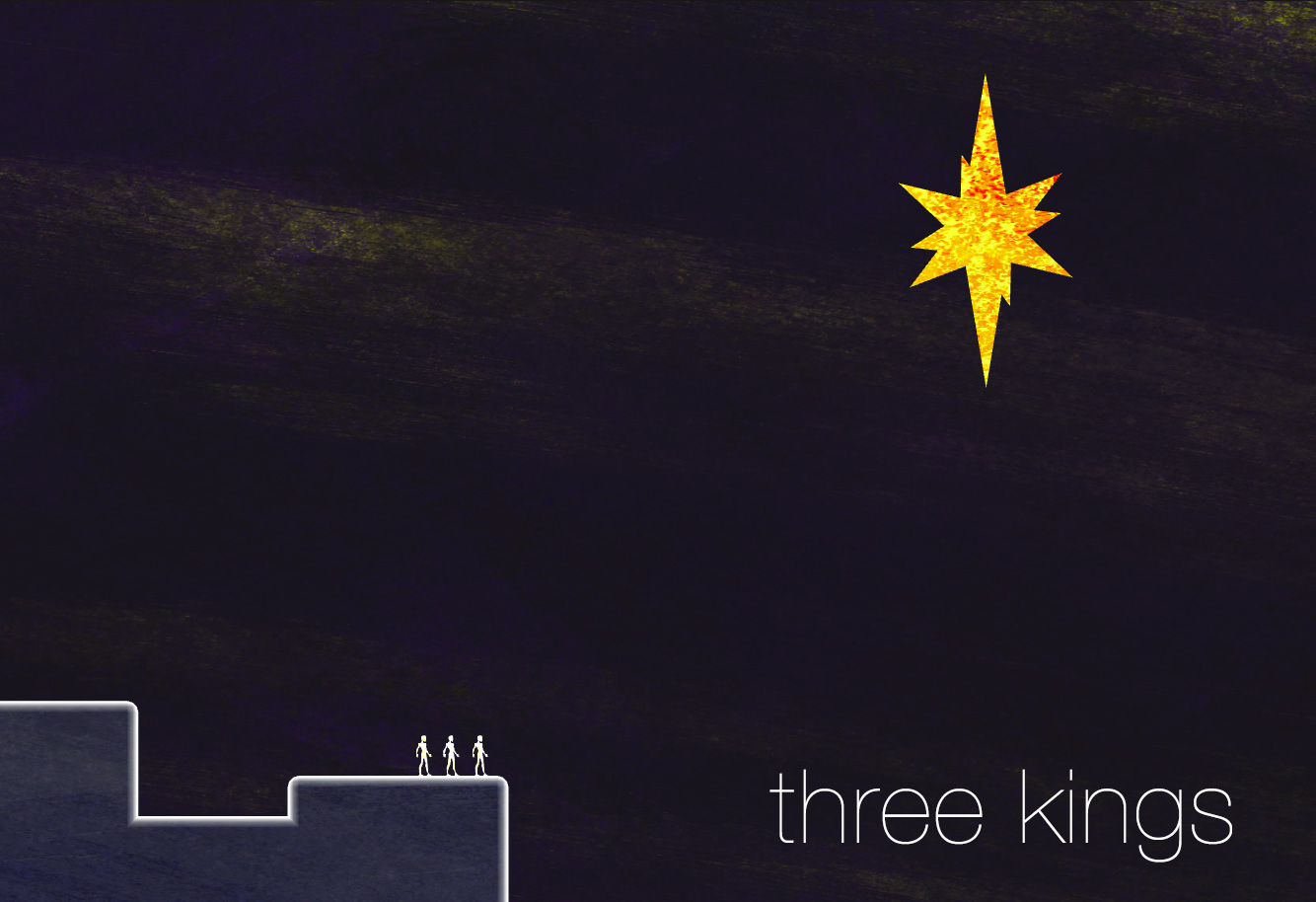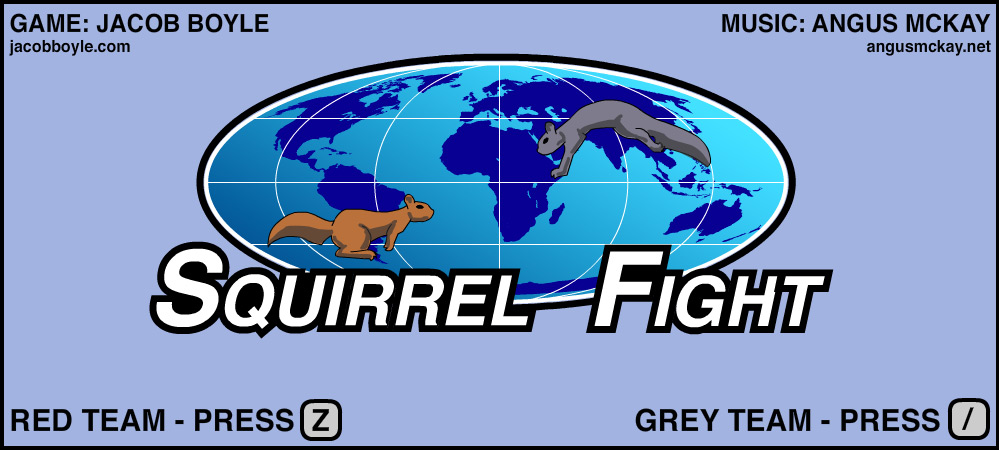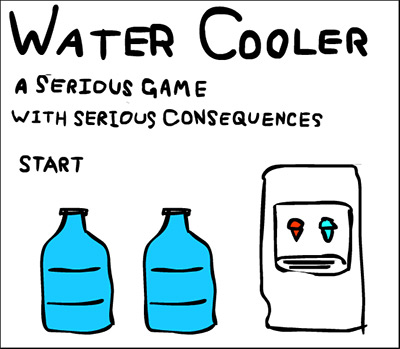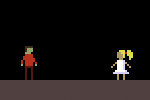Trade-offs are common on system design. You want to upgrade the system in one way, but by doing so you degrade it in another.
This often leads to a conundrum of accessibility. You want a system to be functional and accessible to everyone – but sometimes modifications that will make a system accessible to new users can degrade the system for existing users. Over several years Blizzard iterated on the design of the Starcraft 2 multiplayer ladder and it went from a rather harsh “You lost. It was your fault. Git good” system to one that was much more gentle on new players. Some of the veteran players balked at these changes – they were into the masochism of the experience. But ultimately things worked out because the fundamentals of the game remained.
Another twist to this conundrum is when you have different population sizes. If you have a large marjority of people who are benefitting from the system it’s hard to argue that the system should be changed to benefit a small minority. If you change the rules of a basketball game so that the kid in the wheelchair can play it you are degrading the experience for the able-bodied players. The
The problem here is one of deontology vs relativism. Noticing minorities, caring for minorities, including minorities – these are categorical imperatives. But is difficult to do so at a systems level.
I have a friend who’s child is autistic. She wants him to attend Mormon church services – which often require children to sit still for three hours without much stimulation. Anyone who has studied the challenges autistic children and adults face will tell you flat out that such a thing is impossible. The system is designed in such a way that autistic children cannot benefit from it. She attends a ward of 300+ people. Should the services that benefit all these people change for her single child?
The other consideration is that this argument is used as an excuse by an majority to justify their systemic oppression of a minority. The entire anti-immigration argument is framed on concept – that by changing our system to care for and accommodate immigrants we will make it work worse for the ones already here. Or if we change this system to combat racism and help raise blacks out of poverty we are degrading it for white people.
There’s not any single answer to this problem. But I think the categorical imperative is a meaningful guideline here. If a church claims to be for all children of God – like the Mormon Church does – but casts away autistic children then something is wrong. If a society claims to be good – but oppresses blacks, immigrants and other minorities – then something is wrong.

